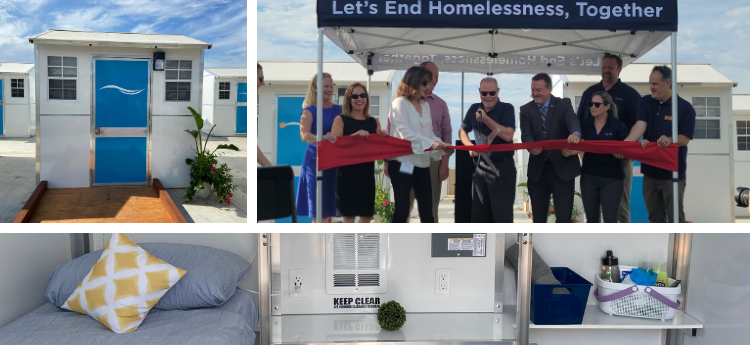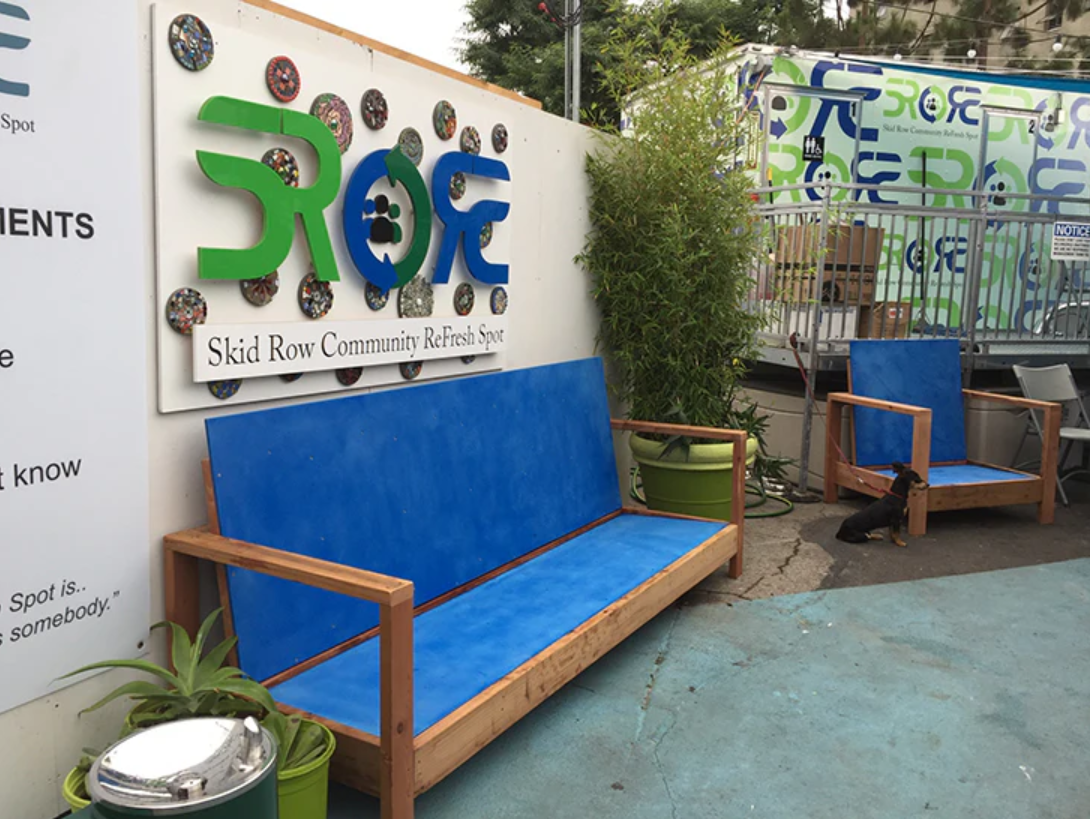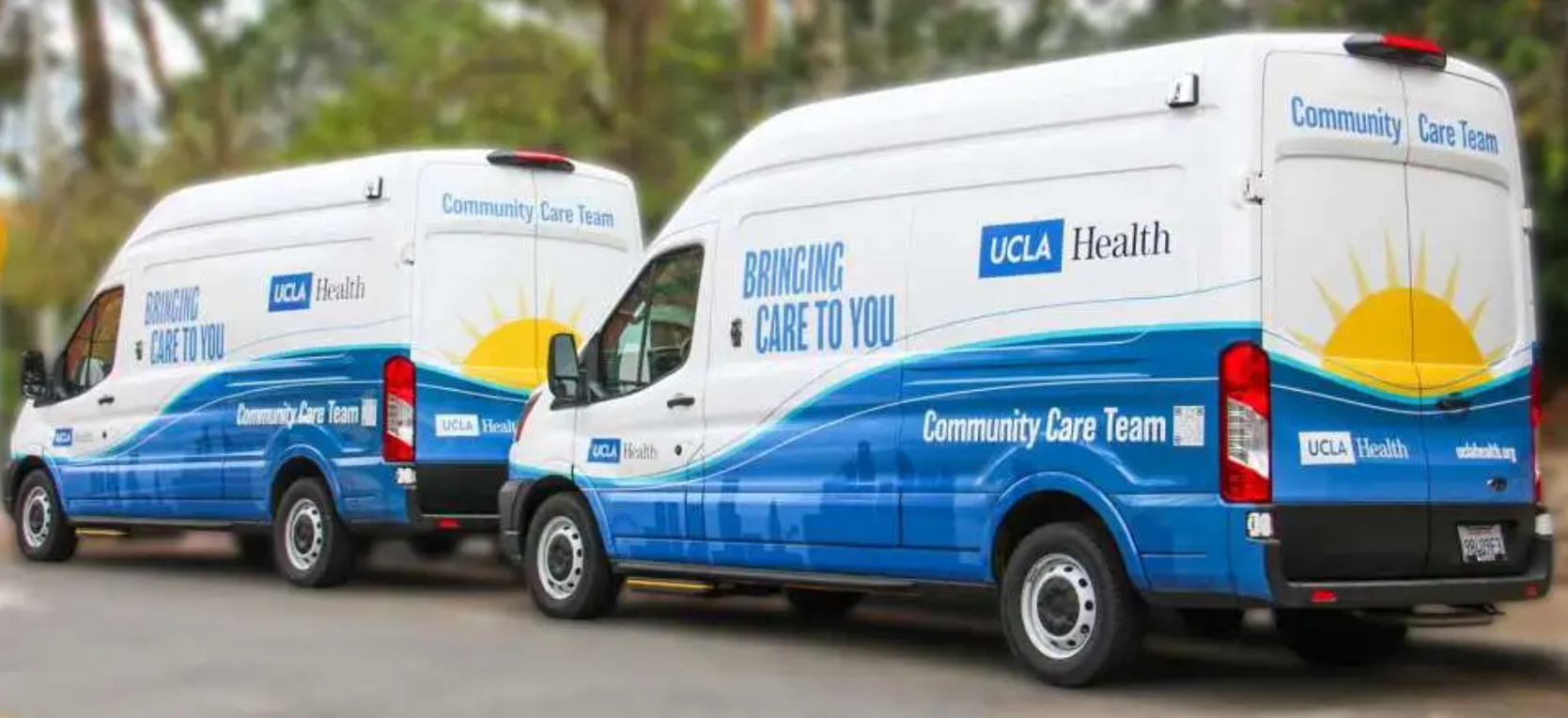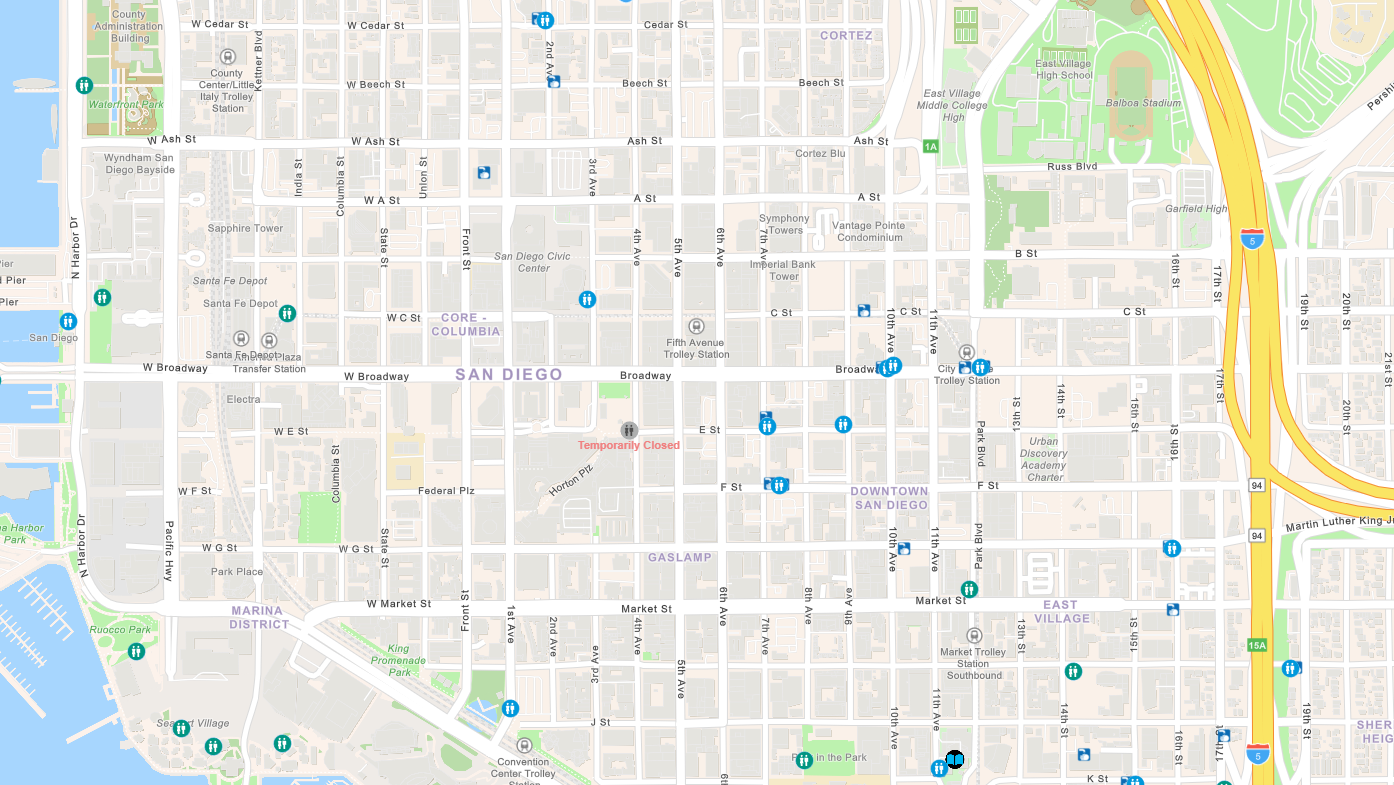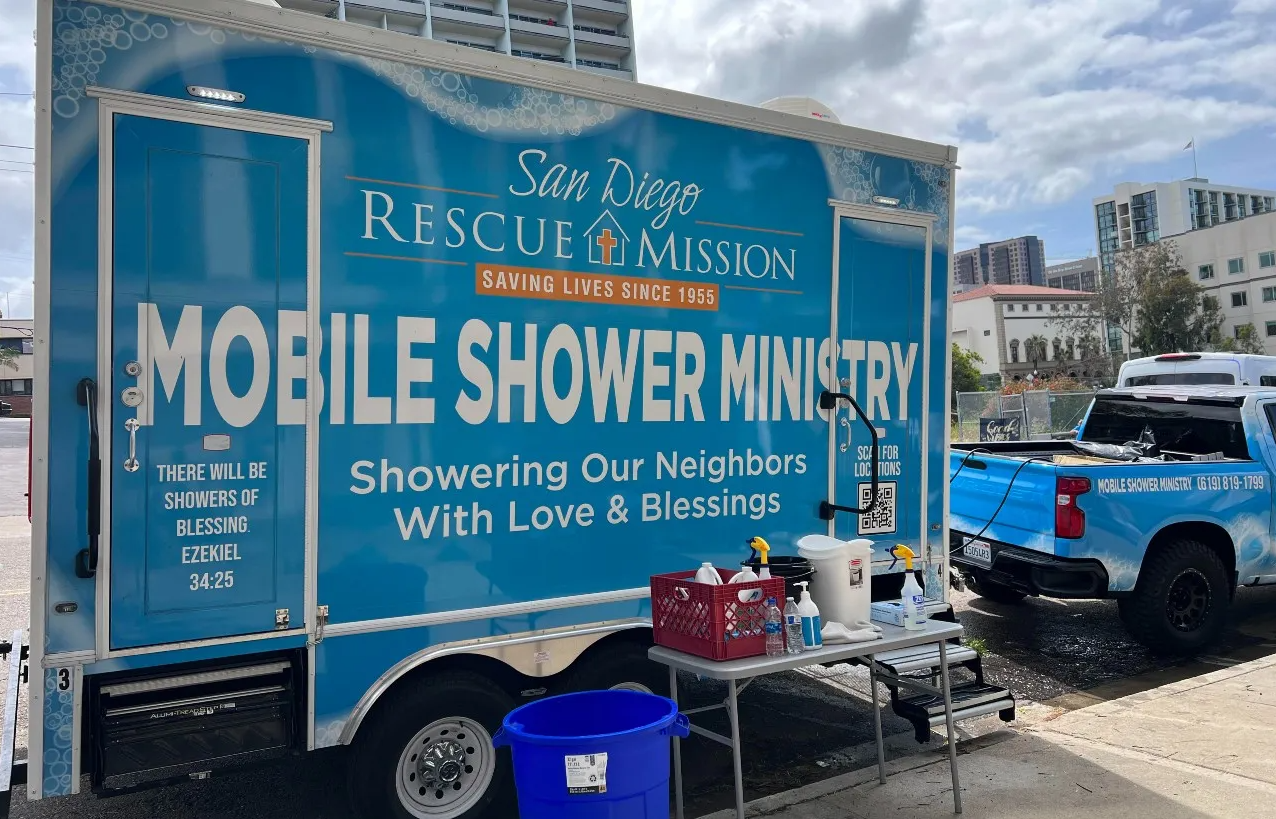HEALTH
How might we improve the mental and physical health of those experiencing housing insecurity?
Becoming unhoused is not just a housing issue, but a health issue. People living on the streets have an average life expectancy that is 17.5 years shorter (source) than the general population. In California alone, 42% of unhoused individuals report having a disabling condition, whether physical or mental (source). Not only does unstable housing take years away from one’s life, but it’s also a hard way to live—especially when dealing with additional health issues. Innovative solutions– such as mobile health vans and Narcan vending machines for overdoses– have helped target specific problems around health and homelessness, but more work needs to be done.
What might we design to make the daily grind easier and healthier for people living in unhoused situations? Check out a more specific breakdown of the problem and example solutions below:
PROBLEM ANGLES
Access To Healthcare
How can we design better access to healthcare services for the homeless?
For individuals experiencing housing instability, accessing healthcare becomes increasingly difficult. The lack of consistent medical care results in frequent emergency room visits and poor health outcomes. California estimates that less than a third of unhoused people enrolled in the state’s free insurance program have ever seen their primary care provider (source). Expanding healthcare services specifically tailored to the needs of those facing housing instability is crucial to improving health equity.
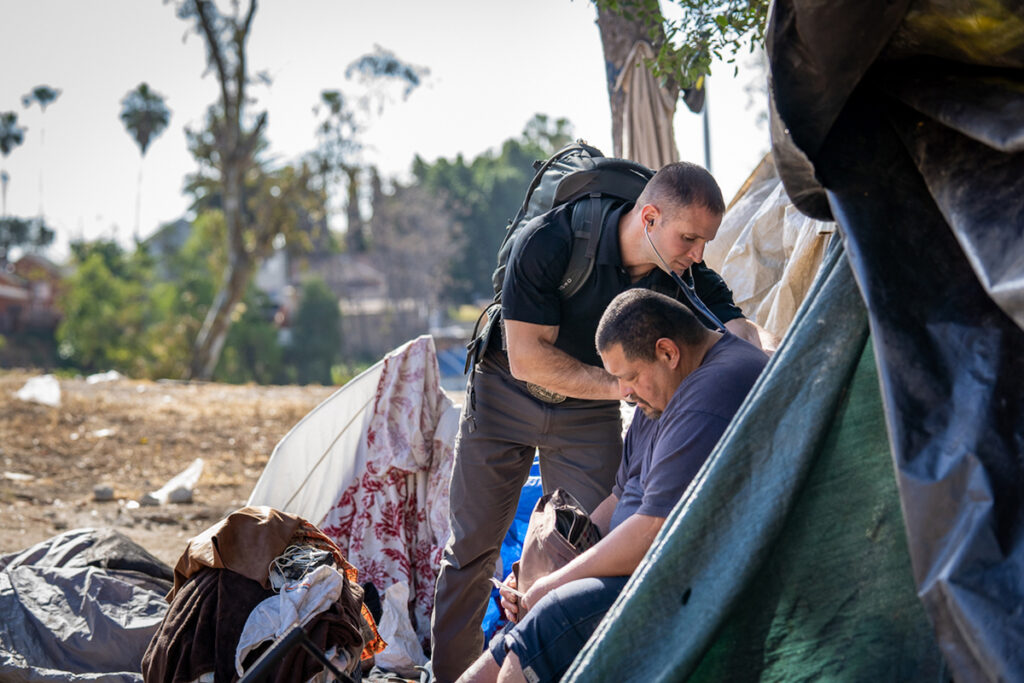
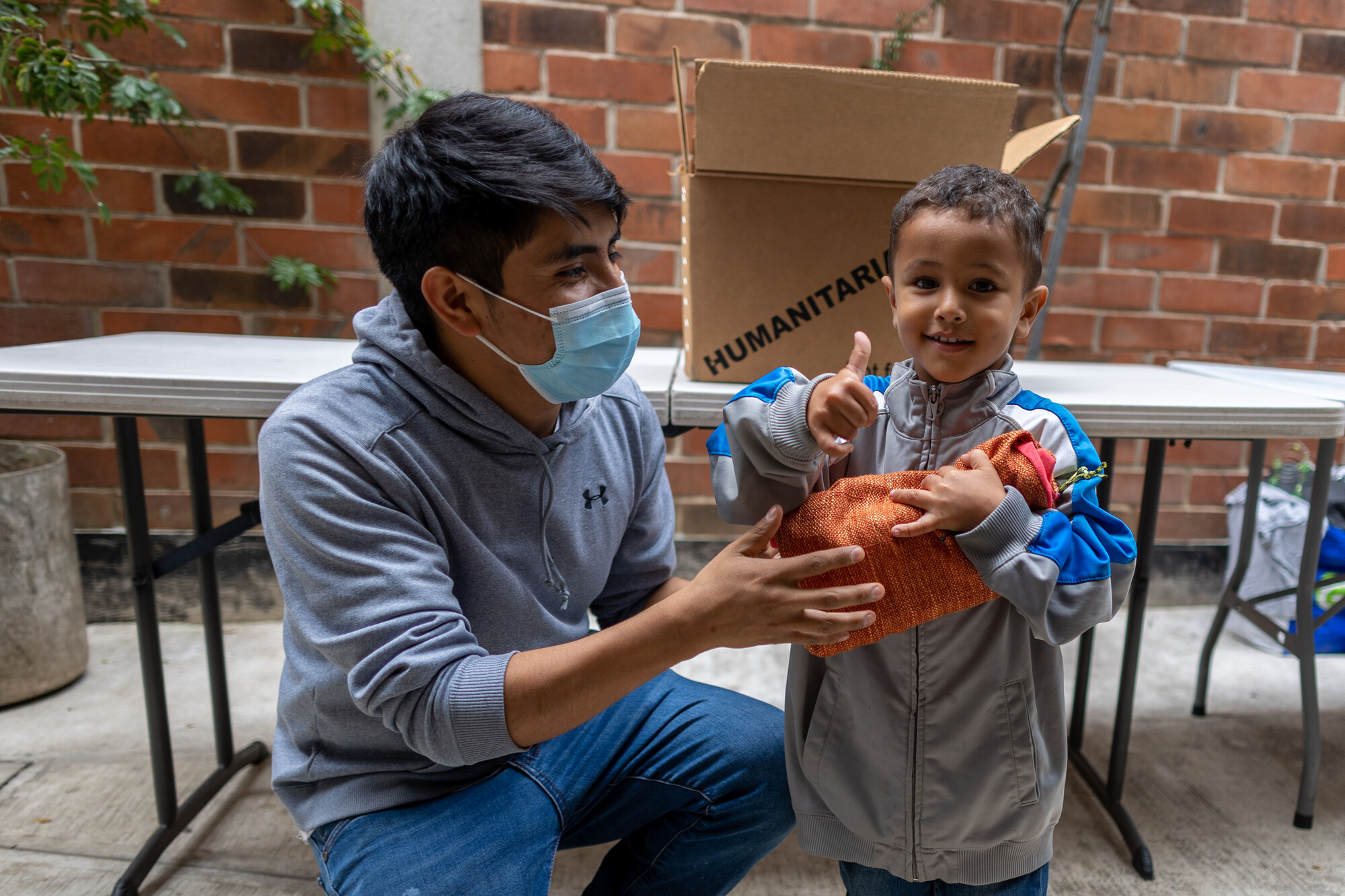
Personal Hygiene
How can we design solutions that better address the personal needs of the unhoused population?
Access to personal hygiene is a critical challenge for individuals experiencing housing instability, affecting both their physical and social well-being. Limited access to clean facilities contributes to the spread of disease and loss of dignity (source). Implementing safe and accessible hygiene services, such as mobile showers or public restrooms, is essential to improving the quality of life of those affected.
Mental Health Support
How can we design more support for the mental health of the unhoused?
Individuals affected by housing instability often face drug abuse and mental health challenges, and they frequently lack adequate support systems. Mental health problems such as depression and suicidal ideations have been identified as outcomes of experiencing homelessness (source). This creates a cycle of housing instability and deteriorating health. Providing drug abuse and mental health services, such as harm reduction programs, is crucial to breaking this cycle and fostering long-term recovery and stability.
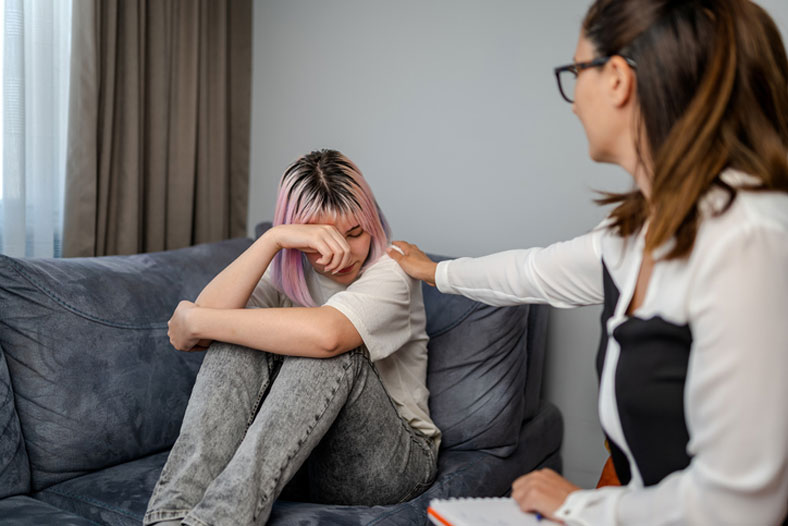
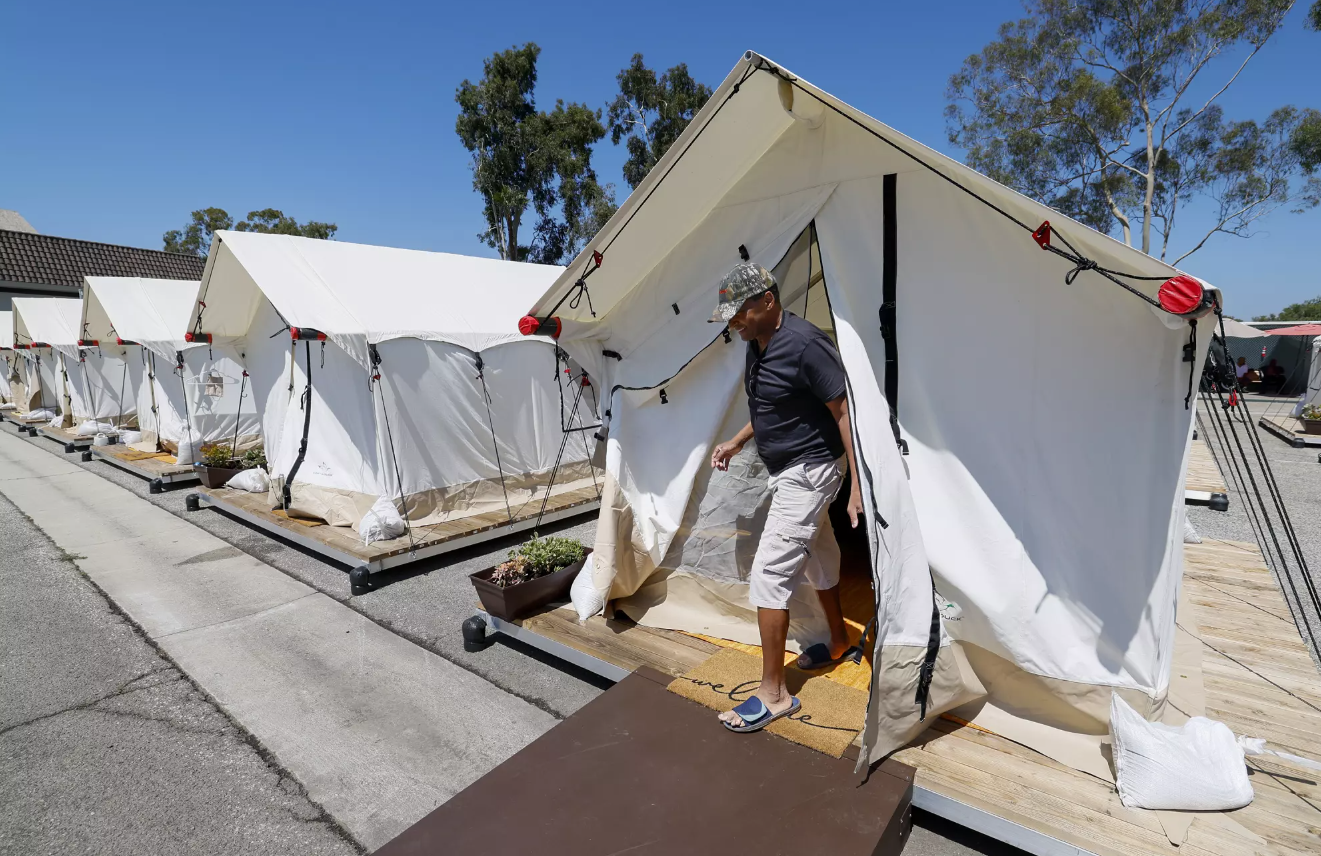
Better Sleeping
How can we design safe sleeping opportunities for the unhoused population?
Healthy sleep is a vital yet often overlooked aspect of well-being. Those experiencing housing instability often struggle to find safe and comfortable places to rest. Poor sleep quality can result in a range of health issues, including weakened immune systems and mental health deterioration. Ensuring safe environments such as the Safe Parking Program (source) and supportive services can significantly improve the overall well-being of those affected by housing instability.

